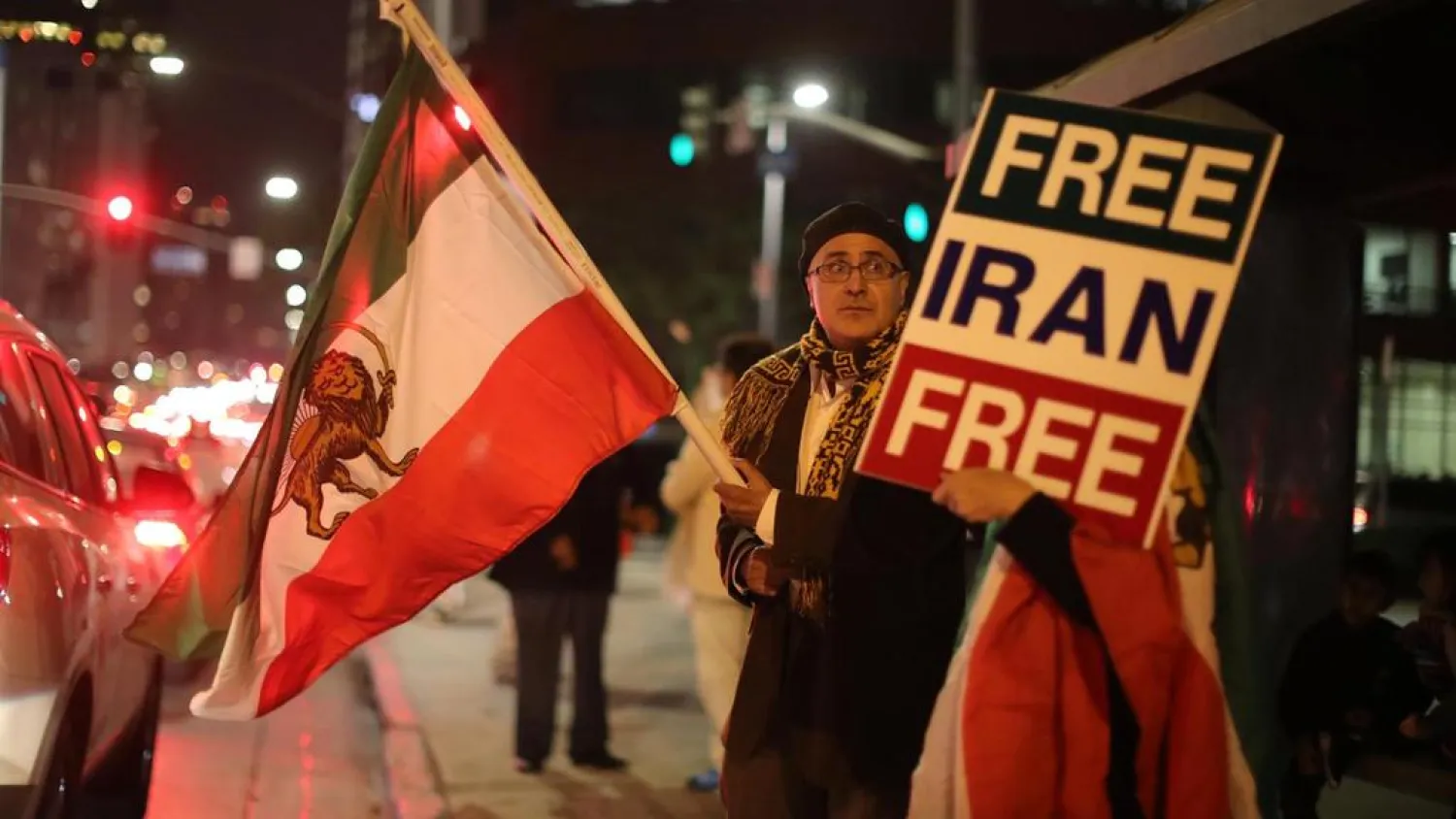Political and economic experts agreed that the Iranian regime’s suppression of anti- government and regime protests has only postponed the problems facing Tehran at the moment.
They stressed that if the regime does not tackle the sources of discontent and the protesters’ demands, then the demonstrations will likely erupt again, deepening the country’s crisis.
These views were voiced during a panel discussion held at the Emirates Center for Strategic Studies and Research in the capital of the United Arab Emirates Abu Dhabi.
The participants attributed the crisis in Iran to a struggle for power between President Hassan Rouhani’s technocratic government and the leanings of the Iranian Revolutionary Guards. The latter is seeking to reverse the cabinet’s policies that are aimed at allowing Iran to become part of the international fold and normalize ties with regional countries.
They examined the complications and contradictions in its foreign policy whereby the Foreign Ministry policy-making role has diminished in favor of the Guards, who now control three regional files.
Chairwoman of Emirates Policy Center. Dr. Ebtisam Al Ketbi said that the Iran protests originally erupted over economic demands, but the demonstrators soon directed their ire against the ruling regime and policies that have impoverished the people.
The rallies not only reflect the weakening of the regime’s legitimacy and the increasing internal political, security, social and economic problems, but they demonstrate the failure of the “Iranian example,” which is shown through growing immigration from the country, she added.
Iranian affairs expert Hassan al-Omari said that the Iranian revolution of 1979 was aimed at tackling mounting problems in the country, but the religious leaders ended up usurping power and deepening these crises.
He explained that Iran is facing an identity crisis. It is also facing a problem in how to build a state and the distribute power between the Wilayet al-Faqih system and Revolutionary Guards.
The persistence of these problems will maintain the state of frustration in Iran, amid a lack of social trust between the members of society itself and between society and the regime.
Omari stated that the protests proved wrong those who believed that the 2015 nuclear deal would resolve internal Iranian problems and help steer it towards moderation and state-building. He explained that the core of the problem is the structure of the regime and how it views itself and the world.
Iran expert Alex Vatanka said that the protests were not strictly driven by economic woes, but they were politically-motivated. Those who took to the streets were driven by anger against the regime.
The panelists also assessed the strength of the regime and its longevity and whether the crises it is facing will lead to a change within it.









